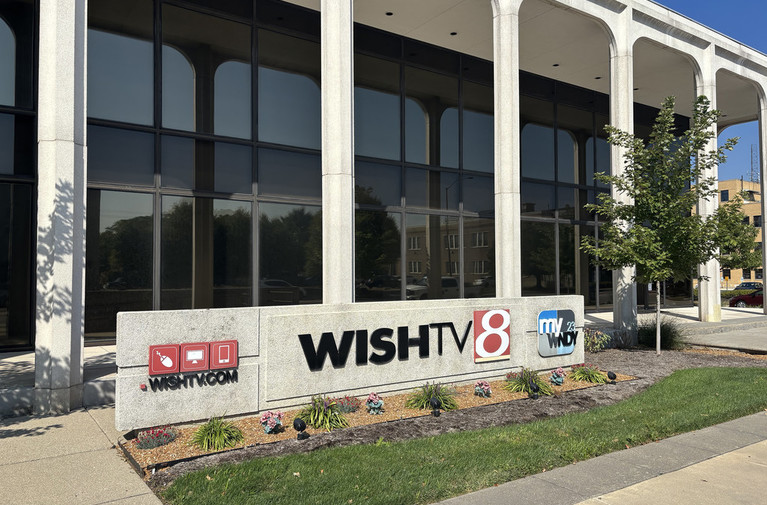Showdown at Iowa TV Station Spotlights Noncompete Clauses’ Reputational Risks
A dramatic standoff at an Iowa television station has thrust noncompete agreements into the national spotlight, exposing their potential to damage employers’ reputations and spark public backlash. The clash, involving a beloved meteorologist and a station’s rigid contract enforcement, underscores the growing scrutiny of these clauses in today’s workforce.
The Standoff: A Meteorologist’s Exit Ignites Debate
In early September 2025, KCCI-TV, a CBS affiliate in Des Moines, Iowa, became the center of controversy when meteorologist Chris Gloninger was barred from joining a rival station due to a noncompete clause. Gloninger, a popular figure with a decade at KCCI, announced his intent to join WHO-TV, another local outlet, only to face legal action from KCCI’s parent company, Hearst Television.
The noncompete, standard in broadcast contracts, prohibited Gloninger from working for competitors within 100 miles for one year post-employment. KCCI sought an injunction, prompting Gloninger to rally viewers via social media, decrying the clause as “unfair” and “anti-worker.” His X post, amassing 12,000 likes, sparked a #FreeChris campaign, with fans picketing the station.
Facing boycotts and advertiser pullouts, KCCI dropped the suit on September 15, 2025, but the damage was done—local ratings dipped 15% in a week.
Background: Noncompetes Under Fire
Noncompete clauses, used by 20% of U.S. employers, restrict workers from joining competitors for set periods, often to protect trade secrets or client relationships. In media, they aim to retain on-air talent’s audience draw. Yet, they’ve faced growing criticism for limiting mobility and wage growth, especially for low- and mid-wage workers.
The Federal Trade Commission (FTC) banned noncompetes in April 2024, citing harm to 30 million workers, but a Texas federal judge struck down the rule in August 2024, leaving enforcement to state laws. Iowa permits noncompetes if “reasonable” in scope, but public sentiment is shifting. California’s near-total ban and Minnesota’s 2023 restrictions reflect a trend, with 13 states now limiting their use.
Expert Opinions and Public Outcry
Employment law experts see the KCCI saga as a cautionary tale. Attorney Sarah Johnson of Littler Mendelson noted, “Enforcing noncompetes can backfire when public perception turns against you.” The National Employment Law Project called noncompetes “a tool to suppress workers,” amplifying Gloninger’s case as a rallying cry.
On X, users slammed KCCI, with one viral post stating, “Noncompetes are corporate greed—let Chris work!” Local businesses, like a Des Moines diner, joined boycotts, citing solidarity with Gloninger’s “community voice.” Hearst’s stock dipped 3% amid the PR crisis. Conversely, some industry voices defended noncompetes, arguing they protect investments in talent training.
Impact on American Workers and Businesses
For U.S. workers, the KCCI showdown highlights noncompetes’ chilling effect. Employees in media, tech, and healthcare—where clauses are common—face career stagnation, with studies showing a 4% wage suppression annually. In Iowa, where media jobs are scarce, such restrictions can force relocations, disrupting families.
Economically, aggressive enforcement risks PR disasters, alienating customers and investors. Nationally, companies enforcing noncompetes face $150 billion in potential losses from boycotts and talent flight. Politically, it fuels bipartisan calls for reform, with Sens. J.D. Vance (R-Ohio) and Chris Murphy (D-Conn.) pushing FTC-aligned legislation.
For consumers, diminished trust in local media could shift viewership to streaming platforms, impacting ad-driven stations like KCCI.
Conclusion: A Turning Point for Noncompetes?
The KCCI-Gloninger clash exposes noncompetes as a double-edged sword: protective for employers, perilous for reputation. As public and legislative pressure mounts, companies must weigh legal rights against backlash. This Iowa showdown may push more states toward reform, freeing workers while urging businesses to rethink talent retention in a hyper-connected, consumer-driven world.
